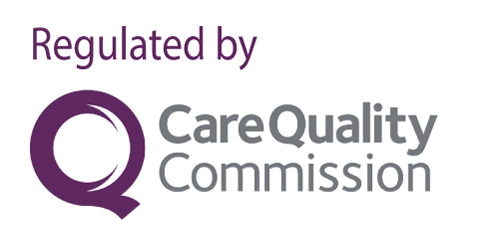Our screenings
Heart Disease
Heart disease, also known as Coronary Heart Disease and Ischaemic Heart Disease (IHD), is one of the leading causes of death in the UK and across the globe. In the UK alone, Coronary heart disease is responsible for approximately 70,000 deaths each and every year.
Coronary heart disease refers to a reduction in the blood supply to the heart muscle due to a build up of fatty deposits in the arteries surrounding the heart.
Although the symptoms of heart disease can vary from patient to patient, the most prevalent symptoms include angina (chest pain), heart attacks, and heart failure. Other symptoms include heart palpitations and unusual breathlessness. It's also important to note that some people don't experience any symptoms before they are diagnosed with heart disease.
Whilst coronary heart disease cannot be cured, there are a number of treatment options and lifestyle changes that can help to reduce symptoms and significantly reduce the risk of further complications occurring. Treatment and management options include:
- Lifestyle changes - such as stopping smoking, improving your diet, and doing more exercise.
- Medication - many different medicines can be used to treat CHD, including Antiplatelets, Statins, Beta-blockers, Nitrates, ACE inhibitors, Calcium channel blockers, and Diuretics.
- Surgery - a number of procedures can help to open up or bypass blocked arteries, including Coronary angioplasty, bypass surgery, and a heart transplant.
Causes of Heart Disease
Coronary heart disease is caused by a process known as atherosclerosis. This is where fatty acids build up in the inner wall of the coronary arties over time. The build up of atheroma narrows the arteries, which, in turn restricts blood flow to the heart muscle.
Risk factors for coronary heart disease include:
- Age
- Family history
- Smoking
- High blood cholesterol
- High blood pressure
- Diabetes
- Thrombosis
- Poor physical fitness
- Being overweight
- Excessive alcohol consumption
- Anxiety, depression, and social isolation
Many of the causes of heart disease develop slowly over time with few or no symptoms. This can mean that angina (chest pain) or heart attack are the first signs of coronary disease.
Screening for Heart Disease
Screening can help to identify whether a patient healthy is at risk of heart disease and also to identify whether those suffering from vascular problems have heart disease. The tests needed will depend upon a whole host of factors, including your current health and any suspected conditions.
As well as looking at information about your medical and family history and your lifestyle, the following tests may be conducted when screening for heart disease:
- Blood test - to assess your cholesterol level
- Electrocardiogram (ECG) - electrical leads are attached to the chest, arms, and legs to detect electrical impulses travelling through the heart.
If you require any further information about screening for Cholesterol, or to arrange a consultation, please get in touch. Our skilled and experienced team are always on hand to provide assistance.


